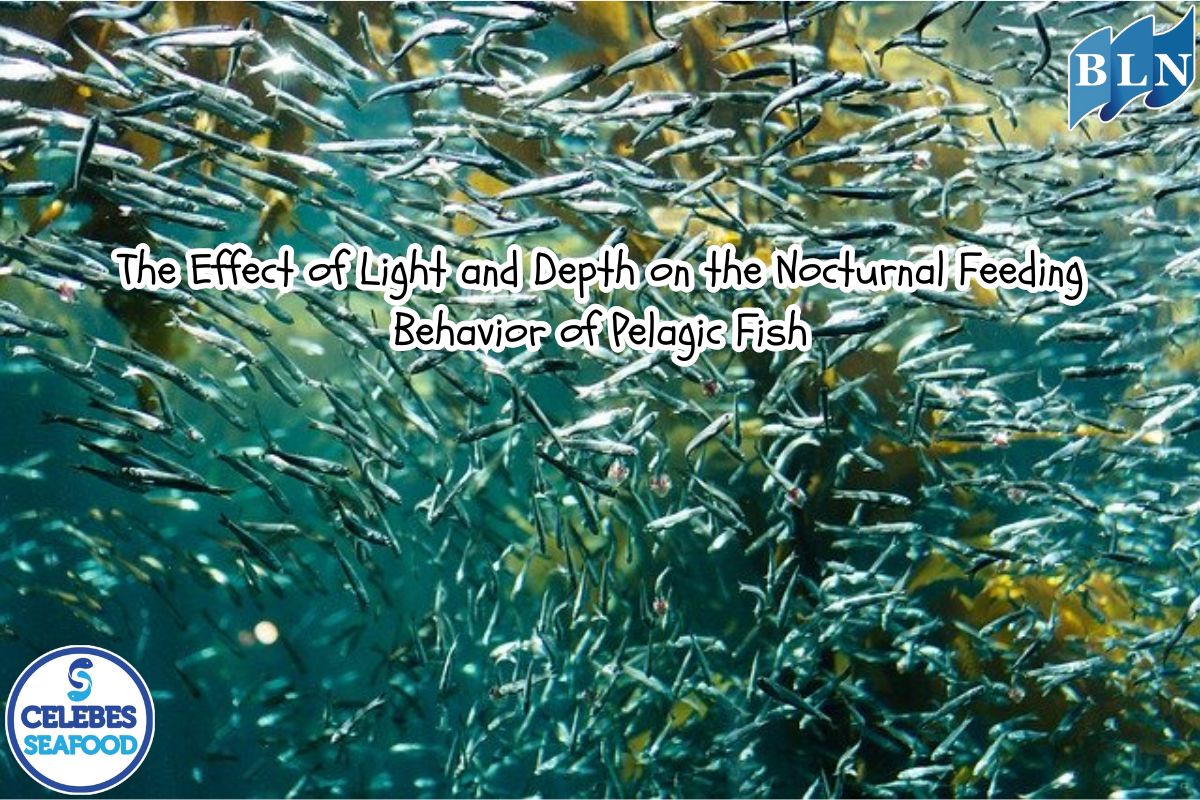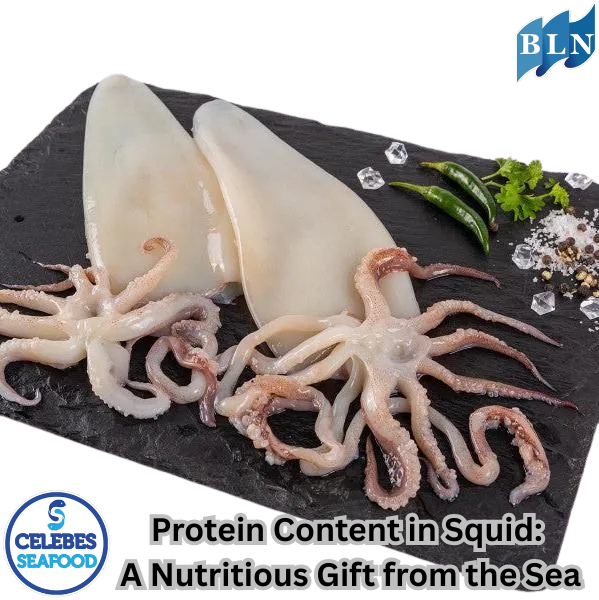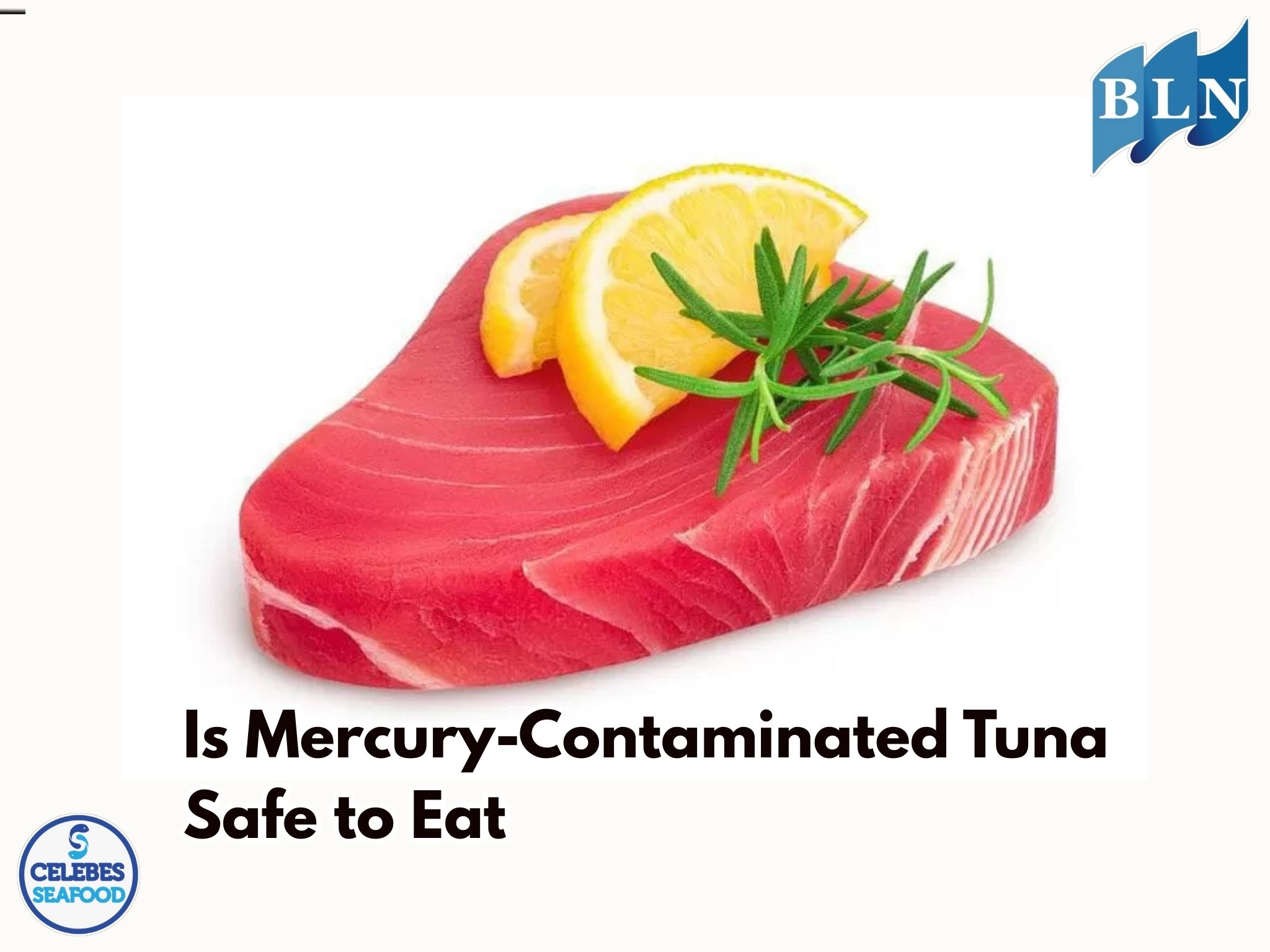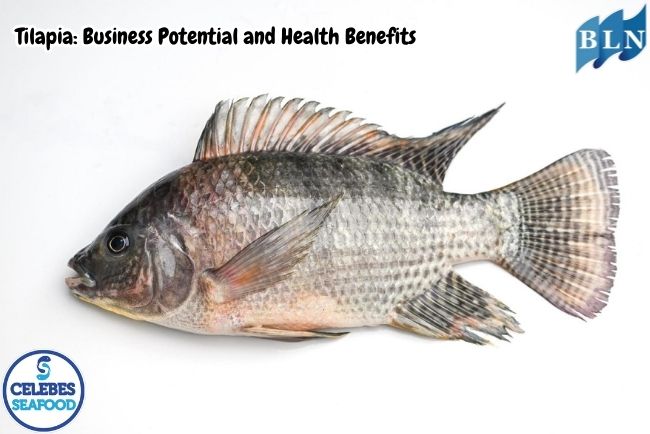Here Are Seafood Gelatin Uses for Our Daily Products
By. Nevanda - 03 May 2023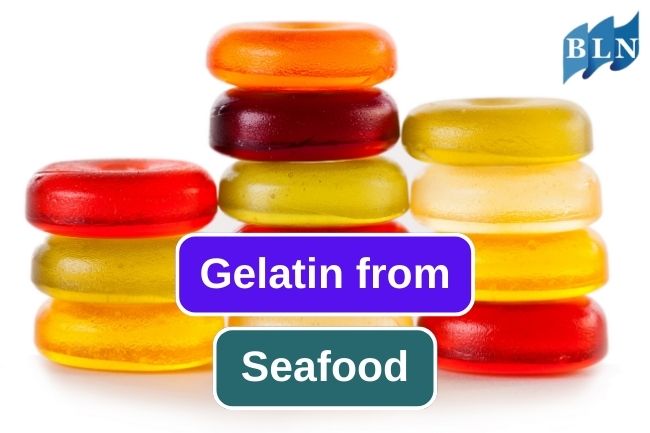
lautnusantara.com - Seafood gelatin is made from the collagen-rich bones, skin, and other tissues of fish and shellfish. Collagen is a protein that is found in connective tissue and provides structure and support to the body.
To make seafood gelatin, the fish or shellfish tissues are first cleaned and boiled to extract the collagen. The resulting collagen-rich liquid is then strained and purified to remove any impurities.
Next, the liquid is treated with an acid or enzyme to break down the collagen into smaller proteins, a process known as hydrolysis. This produces a gelatinous substance that can be dried and powdered or formed into sheets or blocks.
Read also: 5 Compounds in Seafood That Can Triggers Allergies
The resulting seafood gelatin has a similar texture and function to other types of gelatin and is commonly used as a gelling agent in food products such as confectionery, dairy products, and pharmaceuticals.
Seafood gelatin has a wide range of uses in the food and pharmaceutical industries. Some common uses include:
• Confectionery
Seafood gelatin is commonly used in the production of gummy candies, marshmallows, and other confectionery products. It helps to give these products their characteristic texture and chewiness.
• Dairy products
Seafood gelatin is sometimes used in dairy products such as yogurt and cream cheese to help thicken and stabilize the product.
• Meat product
Seafood gelatin can be used in meat products such as sausages and pâtés to help bind the meat together and improve the texture.
Read also: 3 Ways to Tell Sardines And Mackerel Apart
• Beverages
Seafood gelatin can be used in some types of beverages, such as wine and beer, to help clarify the liquid and remove impurities.
• Pharmaceuticals
Seafood gelatin is used in some pharmaceutical products, such as capsules, as a binder or coating agent.
It is important to note that individuals who are allergic to seafood or who have a sensitivity to seafood should avoid consuming products that contain seafood gelatin. Additionally, individuals who follow a vegetarian or vegan diet may also choose to avoid seafood gelatin due to its animal-derived origin.
If you are unsure whether a product contains seafood gelatin, it is important to read the ingredients list carefully and to consult with a healthcare professional or a registered dietitian. They can help you determine whether a particular product is safe for you to consume based on your individual dietary needs and allergies.
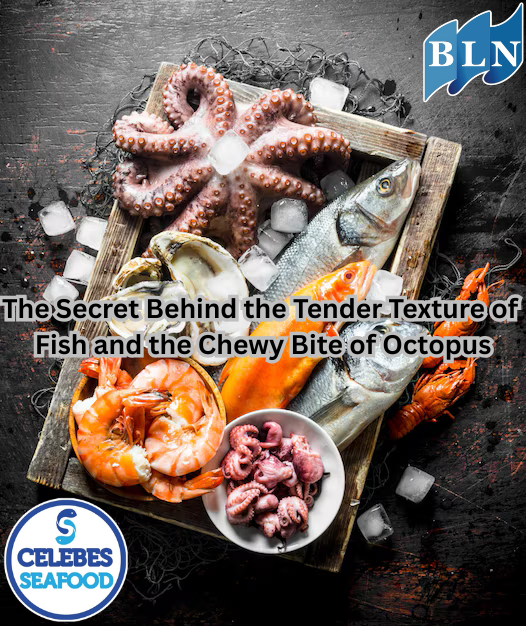
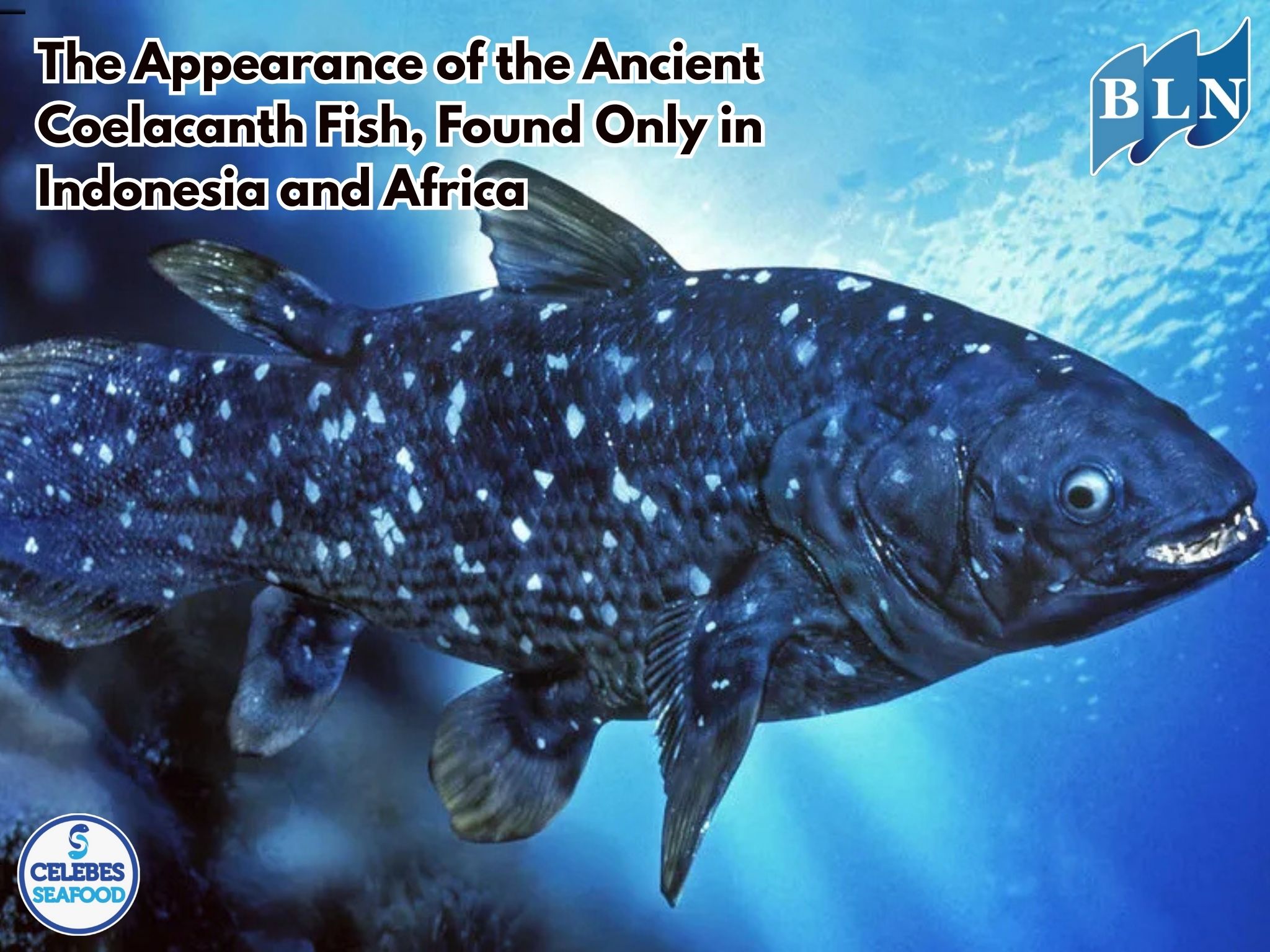
.jpg)
